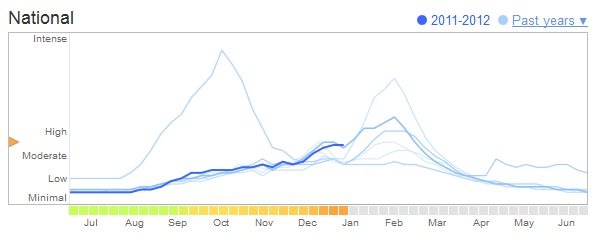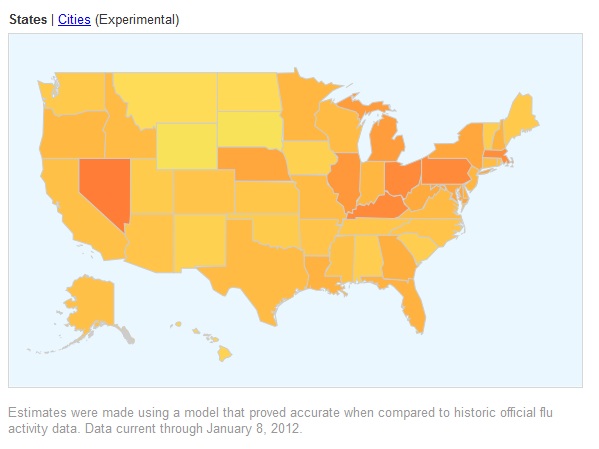So, I’m gonna go out on’a limb here and share a humorous episode from my life just tonight. It involves my wife, so if posting is “light” for the next few ummm, days, just assume that I love ya and if I really knew ya, you could have my stereo.
We use ATT&T U-verse for our TV and internet here. This morning I’m surfing the TV channels and discover the U-Verse 2012 Olympic app. I’m intrigued, I check it out and much to my wonderment I discover that I’m able to watch almost any previously aired Olympic event on demand. Only those not yest broadcast are withheld but will be made available in time.
Think of that.
The Olympics. They began in ancient Greece in 776 BC. These games, featuring the greatest athletes of the times were honored and revered. The winners were legends. And the legacy of those games, some 2,800 years ago lives today. And from the comfort of my couch, on my flat screen TV I can pick and choose which single event I wanna watch and when I wanna watch it.
As it turns out, my daughter wanted to see the women’s all around finals tonight. She was lamenting the fact that we didn’t record it for her to see and she had missed the whole thing. In a moment of pure “daddy delivers” I went to the TV, turned on the app and gave her the finals. All of ’em. In their pure glory.
But, it turns out, we only wanted to watch some of the gymnasts, not all of them. So my wife wanted to fast forward through some of the routines. Turns out you can’t. You have to watch the whole thing in real time.
“Pppfffttt…THAT’S stupid!”
I turned to her, “Honey, a technology you didn’t know existed until literally 7 minutes ago has gone from revolutionary to stupid? Seriously?
In all his glory, I present to you, Louie C.K.
The good starts at 3:50.






